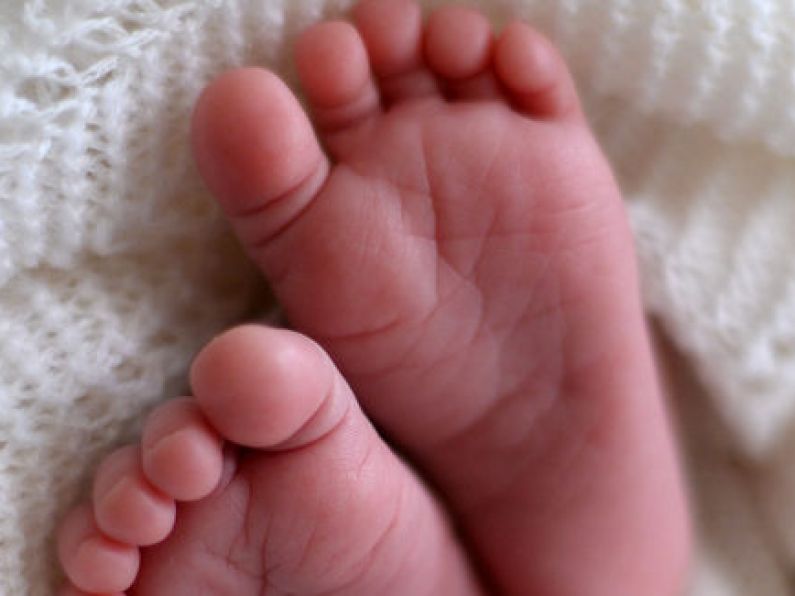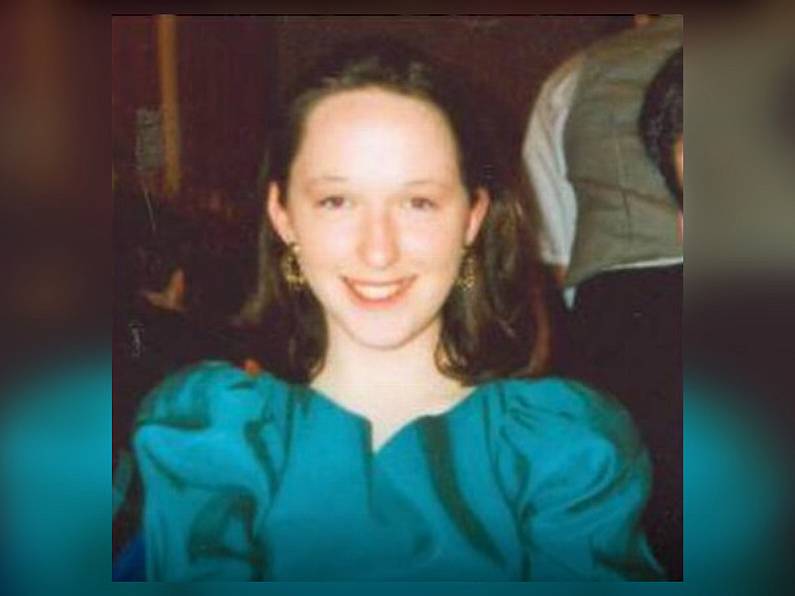A mother whose newborn baby boy was forcibly removed from her at a maternity hospital due to serious concerns of possible risk to his health and life if she left hospital with him is claiming damages against the Child and Family Agency.
Mr Justice Seamus Noonan, who yesterday overturned the emergency care order under which the day old baby boy was forcibly removed early this month, said he will deal with the damages matter on December 12.
The judge, however, upheld an interim care order under which the baby remains in foster care pending another District Court hearing shortly.
He reserved judgment concerning proceedings by the mother and child against the CFA alleging their rights were breached in how the Emergency Care Order (ECO) and Interim Care Order (ICO) were made. The father, a notice party, supported those arguments.
The parents have several other children who are all in foster care for reasons including concerns by social workers about the mother’s mental health, domestic violence and neglect. The parents had not opposed those care orders.
Today, Sunniva McDonagh SC, for the mother, asked the judge, arising from his quashing of the ECO, to measure damages for her client against the CFA.
Barry O'Donnell SC, for the CFA, opposed damages in such a case and said he needed time to get instructions about the matter. The judge agreed to list the matter for December 12.
Yesterday, in a significant judgment concerning the rights of newborns and parents in such situations, Mr Justice Noonan ruled the ECO was a “nuclear option” sought by the CFA which was not constitutionally proportionate or compliant with the European Convention on Human Rights.
The jurisprudence of the ECHR and Articlee 42A of the Constitution make clear that State authorities must consider all possible alternatives to the removal of the child from its family and the action taken must be proportionate, he said.
While there was “more than ample evidence of potentially very serious risk” to the baby if the mother was let leave the hospital with him, the taking of a newborn baby into public care at the moment of its birth is “an extremely harsh measure”.
The CFA knew in advance of the birth induction date and potential risk to the child but, when seeking the ECO, provided no evidence it had even considered any alternative to forcible removal, such as detaining the baby in hospital for a few more days and permitting his mother supervised access, he said.
The removal was “hugely traumatic” for mother and baby, and for gardaí and social workers involved, who acted with great sensitivity, he said. The mother was initially calm but later became aggressive, insisting God had given her the child through immaculate conception and they could not take him. She had a Bible in one hand and the infant was on her lap and there was concern he could fall to the ground. The mother was strong and gripped the baby tightly but he was eventually removed using minimal force.
While quashing the ECO, the judge disagreed that the manner in which the ICO was made two days later breached the rights to fair procedures of the parents.






